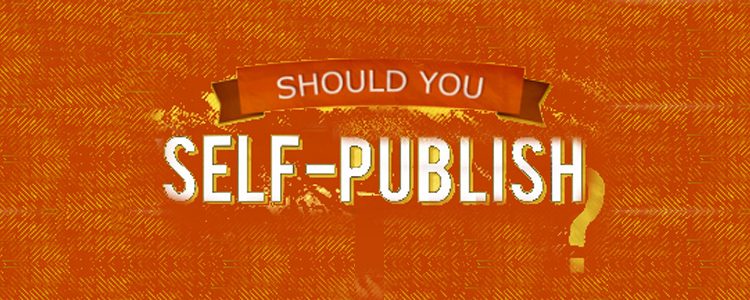Should You Self-Publish Your Research?

In 1901, Beatrix Potter’s “The Tales of Peter Rabbit” was rejected by several publishers, so she self-published the book. Less than a year later, publisher Frederick Warne & Co., one of the original group of publishers who rejected her manuscript, became Beatrix Potter’s publisher. The relationship lasted for 40 years and led to the publication of over 23 books. Over a century later, over two million books, which have been authored by Beatrix Potter, are sold each year!
Most of us still think of self-publishing as a relatively new phenomenon linked to the technological advances in digital publishing. However, importantly, the “self” aspect actually refers to breaking away from traditional publishing houses.
Traditional Publishers
Academic interest in self-publishing shares the same frustrations with the stranglehold that publishing houses have on getting your books or research papers to a broader market. Open access has started to decrease this hold. However, while earnest researchers may complain about the sclerotic pace of academic research and argue in favor of the fastest way to get their results out there, the aura of prestige that traditional journals still exude continues to caste such a large shadow that many dismiss self-published academic material as only for those who were unsuccessful in getting their work published anywhere else.
When Self-publishing Becomes a Last Resort
The integrity of academic research rests on objective third-party reviews. The increasing number of journal retractions may be bringing that integrity into question, but for now, once you step out of that traditional publishing cycle, you open your work to extra scrutiny because of the lack of peer review.
If you think that your material may be too controversial for traditional journal content, or that the six-month to two-year time frame will be too slow for your research to be available to the wide community, self-publishing is probably your last resort.
Freedom of Publishing!
The primary attraction of self-publishing is the freedom to have your voice heard outside the constraints of publishing houses. Many researchers already publish blogs, and a few of them have compiled those posts into e-books. They get to engage with their audience as they share their thoughts, opinions, and updates on the work they do every day. The ability to control what they say and what information they share with their followers (institutional rules and protocols notwithstanding) is very attractive when compared to the supplication of your work to publishers who will dictate what they will accept for publication and when.
One promising area for self-publishing academic work could be replication studies. As journals continue to favor new and controversial research papers and demonstrate considerable reticence in responding to replication studies that bring original papers into question, researchers now have an avenue to bring their concerns to a broader audience. The persistence of papers that remain unretracted in the face of strong concerns about the integrity of their results has begun to raise broader questions about the effectiveness of the peer review process as well as fueling the growth of the open access model. Allowing experienced researchers to bring their concerns to an educated audience as soon as their studies have been completed rather than waiting for their papers to be rejected after six months or more by traditional journals may well prove to be one of the most disruptive events in academic publishing.









